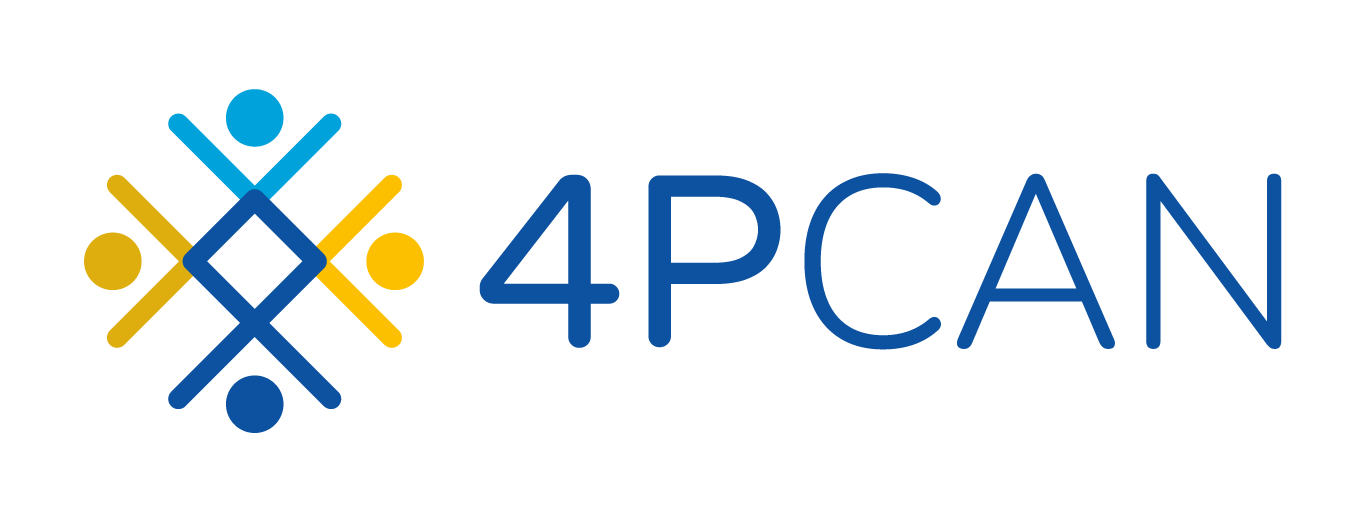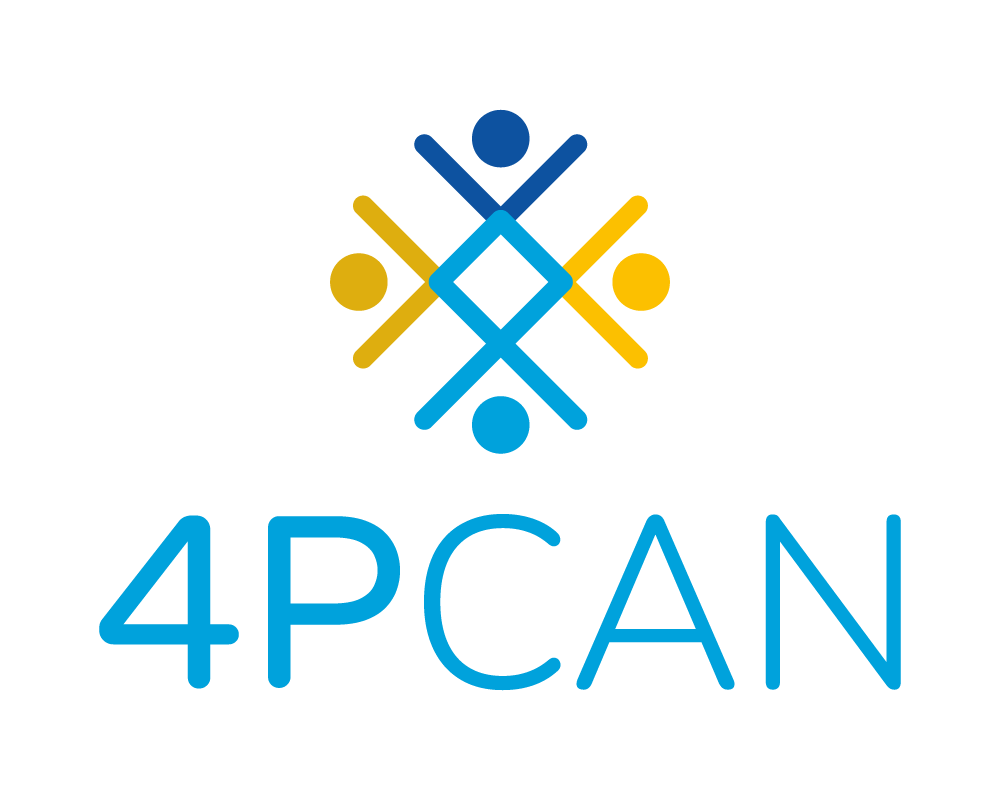Carina Dantas
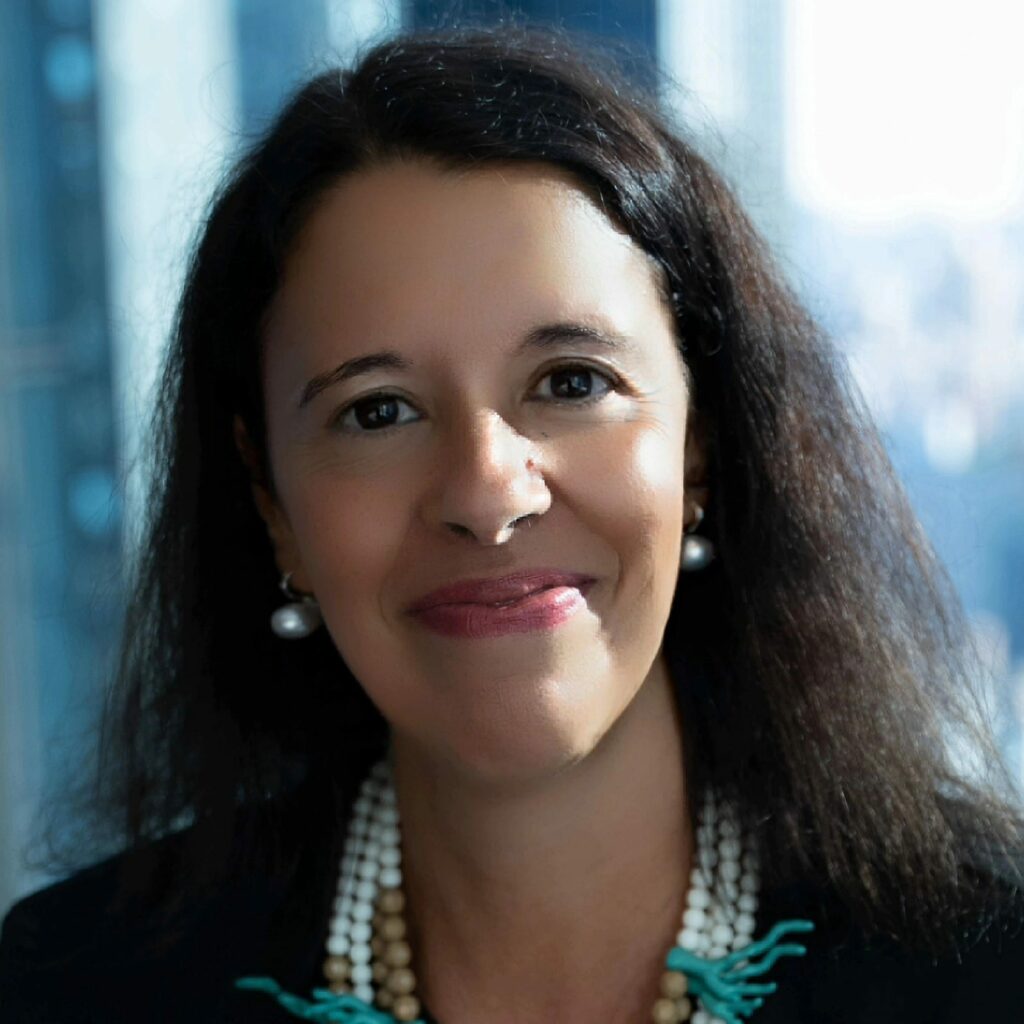
Carina Dantas has a degree in Law, she is a PhD candidate on Biomedical Sciences (AI ethics) and is the CEO of SHINE 2Europe.
She is the Chair of the COST Action NET4Age-Friendly, currently gathering over 700 participants from 51 countries, and Director of the SHAFE Foundation – Smart Healthy Age-friendly Environments.
Carina is involved in many cancer-related initiatives, namely:
• WP1 Leader of RadioVal | International Clinical Validation of Radiomics Artificial Intelligence for Breast Cancer Treatment Planning
• Task leader on social innovation and stakeholder engagement in Liveration | Unravelling the impact of radiofrequency in liver surgery
• Co-researcher of EUonQol | Quality of Life in Oncology
• Member of the Portuguese National Cancer Hub – Survivors’ group
• Stakeholder Board Member of JANE Joint Action | EU Networks of Expertise on cancer
• Advisory Board member of 4P-CAN | Personalised cancer primary prevention
• Smartcare project stakeholder | Empowering Cancer Survivors in Europe
She is evaluator/reviewer for the European Commission, Eureka, AAL, EIT Climate and EIT Digital Advisory and manages several international projects such as SIRENE | Social Innovation Responsive Environments NETwork, a HORIZON Europe CSA, where she is the Project Coordinator.
Prof. Bettina Borisch

Bettina Borisch is a distinguished professor em at the Institute of Global Health, University of Geneva, and a leading figure in global public health. With an educational background in medicine and history from the Universities of Kiel and Lausanne, she has seamlessly blended her expertise in histopathology with a deep commitment to public health issues. Dr. Borisch’s career is marked by her role as head of the Institute of Clinical Pathology at the University of Geneva in 1995 and her significant contributions to breast cancer programs, notably with the Swiss Cancer League.
Transitioning to public health, she oriented her activities towards addressing global health challenges. Dr. Borisch is at the forefront of health communication and community-based oncology, leveraging her position as Executive Director of the World Federation of Public Health Associations to foster international collaborations. Her editorial roles in leading health journals and her involvement in public health committees reflect her influence in shaping health policies and practices.
Previously, she held the prestigious position of president of Europa Donna – The European Breast Cancer Forum and was the Founding President of the Swiss Forum of Europa Donna. Dr. Borisch is also a dedicated educator, teaching at the University of Geneva, the Swiss School of Public Health, and patient support groups, emphasizing the importance of knowledge transfer in public health.
Overall, her work, characterized by scientific rigor and a humanistic approach, is driven by a comprehensive understanding of health, from the microscopic to the global level.
Prof. Hajo Zeeb
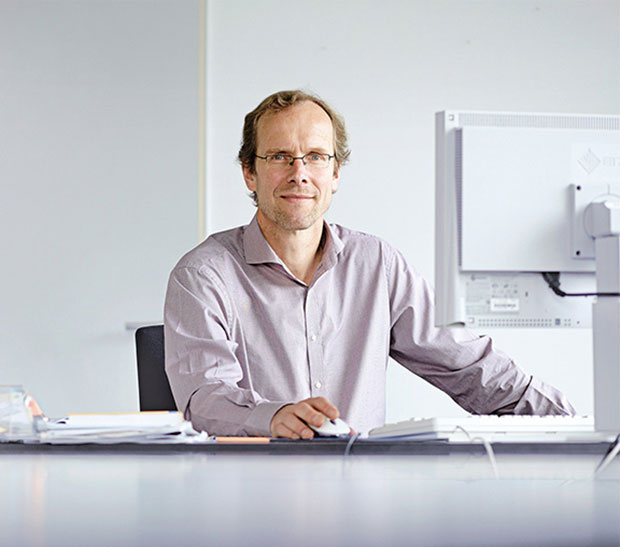
Hajo Zeeb is currently leading the Department of Prevention and Evaluation at the BIPS (Leibniz Institute for Prevention Research and Epidemiology) since January 2010, has significantly contributed to the field of implementation research and living labs within public health. After his medical training at RWTH Aachen in Germany, followed by clinical practice in Germany and the UK, and a stint as a medical officer in Northern Namibia, he furthered his expertise with a Master’s in Public Health from Heidelberg University.
His work at the German Cancer Research Center and the University of Bielefeld involved him in numerous epidemiological studies, also allowing him to share his knowledge through teaching, especially in the MSc Epidemiology program.
His tenure with the WHO’s Department of Public Health and Environment in Geneva, and later as a Professor of Epidemiology at Mainz University, underpinned his commitment to public health challenges, particularly those related to environmental radiation. Prof. Zeeb’s involvement in international and national scientific organizations, the German Radiation Protection Commission, and the scientific advisory board of the Bernhard Nocht Institute for Tropical Medicine, alongside his role in the German UNSCEAR delegation, showcases his multifaceted engagement with health sciences.
Since 2019, as the Co-Speaker of the “Health Sciences” research area at the University of Bremen and the head of the Leibniz Science Campus Digital Public Health Bremen, Prof. Zeeb has been instrumental in harnessing digital innovations to advance public health initiatives, emphasizing the role of living labs and implementation research in transforming health outcomes. He is also contributing to IARC’s current work to develop the 5th edition of the European Code Against Cancer.
Prof. Mark Lawler
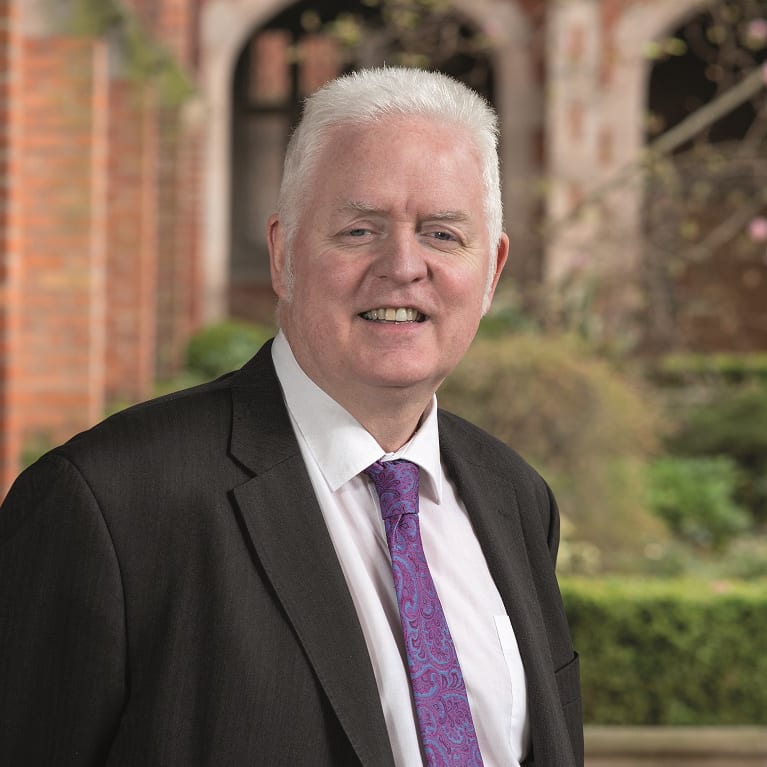
Mark Lawler has an international reputation in cancer research, leading, in 2022, the European Groundshot – addressing Europe’s cancer research challenges report, a Lancet Oncology Commission, and receiving the prestigious 2018 European Health Award.
Professor Mark Lawler is Associate Pro-Vice-Chancellor, Professor of Digital Health, and Chair in Translational Cancer Genomics, Faculty of Medicine, Health and Life Sciences, Queen’s University Belfast (QUB).
He serves as the Associate Director for Health Data Research Wales-Northern Ireland, one of the six substantive sites under Health Data Research UK (HDR-UK), spearheading advancements in precision medicine and public health strategies through big data utilization. Additionally, he fulfills the role of Scientific Director at DATA-CAN, the UK’s Health Data Research Hub dedicated to cancer.
Mark is especially focused on tackling cancer-related issues in Central and Eastern Europe (CEE), emphasizing the importance of research driven by data, which includes economic assessments, to strengthen cancer control measures in the area.
He also occupies several roles within NGOs across Europe and has, in recent years, made contributions from multiple perspectives to the objectives of the Cancer Mission and Europe’s Beating Cancer Plan.
Prof. Éric Solary
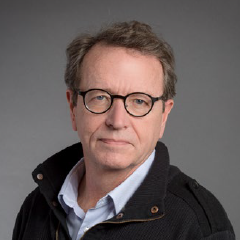
Éric Solary is the coordinator of the UNderstand CANcer (UNCAN.eu) Initiative, that emerged from the concerted efforts to implement two converging European actions: the Cancer Mission and the Europe’s Beating Cancer Plan. UNCAN.eu is one of the 13 key objectives in the Cancer Mission framework and one of the ten flagship projects in the EBCP. The initiative aims to foster a deeper understanding of cancer, facilitating advancements in cancer research, prevention, diagnosis, and treatment across Europe.
Prof. Éric Solary is the founder of two research units within Inserm (the French National Institute of Health and Medical Research) and former research director at the Gustave Roussy Institute from 2011 to 2020. He is a professor of hematology at the Faculty of Medicine of the University of Paris-Saclay.
In the research unit “Hematopoietic stem cells and the development of myeloid hemopathies” at Gustave Roussy, Éric Solary studies the pathophysiology of chronic leukemia. He has received numerous honors, including the Raymond-Rosen Award from the Medical Research Foundation in 2018. He is currently the Chair of the Scientific Council of the ARC Foundation.
